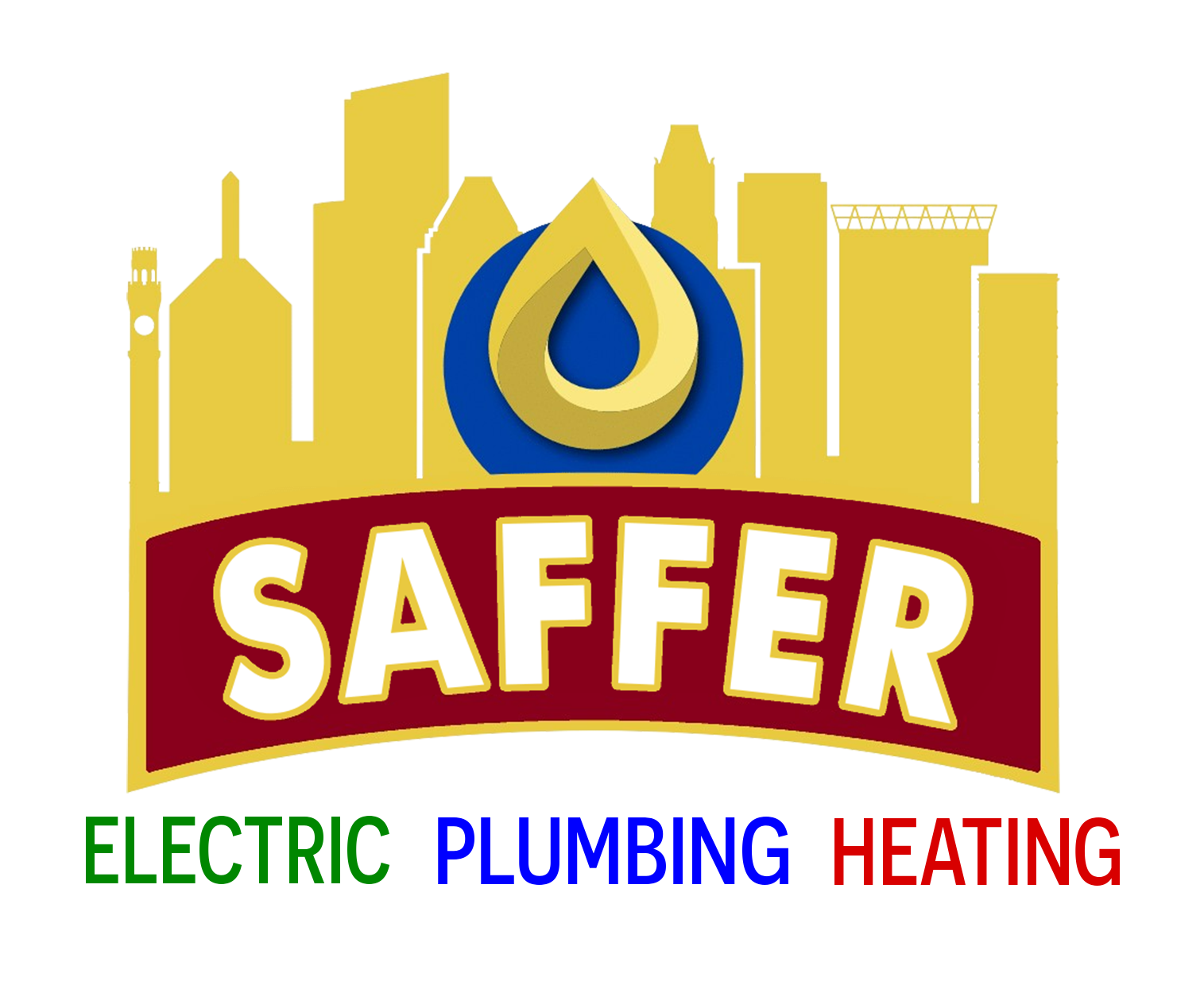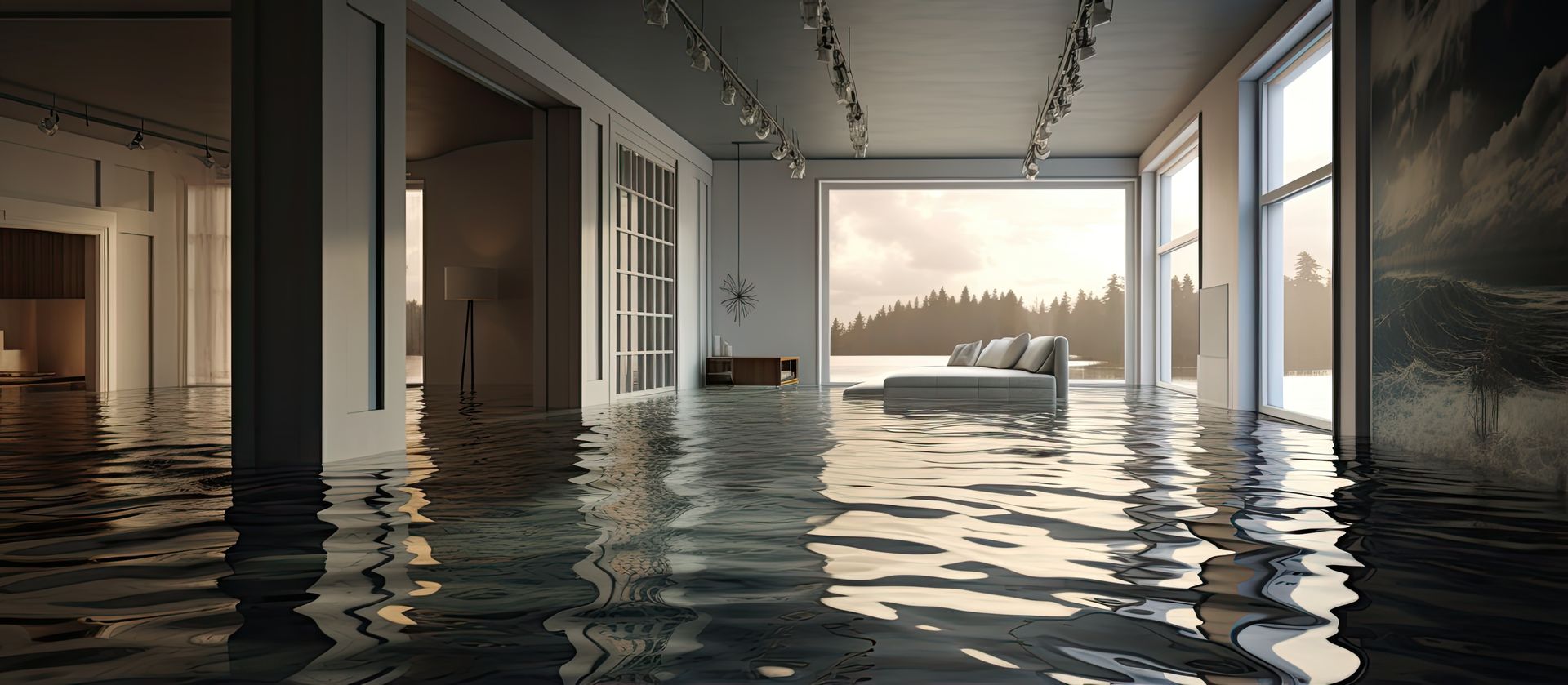Serving Baltimore City, Baltimore, Harford, and
Howard Counties, MD
Boiler Tips
Helpful Instructions for Boilers
Preventive maintenance for boilers is essential to ensure their safe and efficient operation. Neglecting maintenance can lead to reduced efficiency, increased energy costs, and even dangerous situations. Here are some key steps and considerations for implementing a preventive maintenance program for boilers:
Establish a Maintenance Schedule:
- Create a regular maintenance schedule based on the manufacturer's recommendations and industry standards. The frequency of maintenance tasks may vary depending on the type of boiler, its usage, and local regulations.
Inspect Regularly:
- Conduct routine inspections to identify and address issues early. Common items to inspect include the boiler's pressure, temperature, water levels, and combustion process.
Clean Regularly:
- Clean the boiler regularly to prevent the buildup of soot, scale, and other deposits that can reduce efficiency and lead to corrosion. Cleaning may involve brushing, vacuuming, or chemical cleaning.
Water Treatment:
- Implement a water treatment program to prevent scale and corrosion in the boiler and associated piping. Proper water treatment helps maintain efficiency and prolong the boiler's lifespan.
Fuel System Maintenance:
- Inspect and maintain the fuel system, including burners, nozzles, and fuel filters. Proper combustion is critical for boiler efficiency and safety.
Inspect Ventilation and Exhaust Systems:
- Ensure that the ventilation and exhaust systems are in good working order. Adequate ventilation is essential for the safe operation of the boiler.
Monitor Boiler Efficiency:
- Regularly monitor and record the boiler's efficiency. If efficiency starts to decline, it may be a sign of a problem that needs attention.
Record Keeping:
- Maintain detailed records of all maintenance activities, inspections, repairs, and any issues discovered. This documentation can be valuable for tracking the boiler's performance over time.
Training and Certification:
- Ensure that the personnel responsible for boiler maintenance are properly trained and certified in boiler operation and maintenance procedures.
Emergency Procedures:
- Develop and communicate clear emergency procedures in case of a boiler malfunction or safety issue. This includes shutdown procedures and contact information for emergency services.
Consider Professional Help:
- While some maintenance tasks can be performed in-house, it's often wise to enlist the services of a qualified boiler technician or contractor for more complex maintenance and inspections.
Budget for Repairs and Upgrades:
- Set aside a budget for unexpected repairs and necessary upgrades. Boiler systems can deteriorate over time, and being prepared for these expenses can prevent downtime.
Regular preventive maintenance not only extends the life of the boiler but also helps maintain its efficiency and safety. Neglecting maintenance can lead to costly repairs, increased energy consumption, and safety hazards. Therefore, it's crucial to prioritize and adhere to a well-planned preventive maintenance program for your boilers.
Are you interested in
- Upfront Pricing
- Personalized Options
- Outstanding Customer Service
Ask about our Easy Financing Options
VISIT US
HOURS
HOURS
Hours:









Share On: